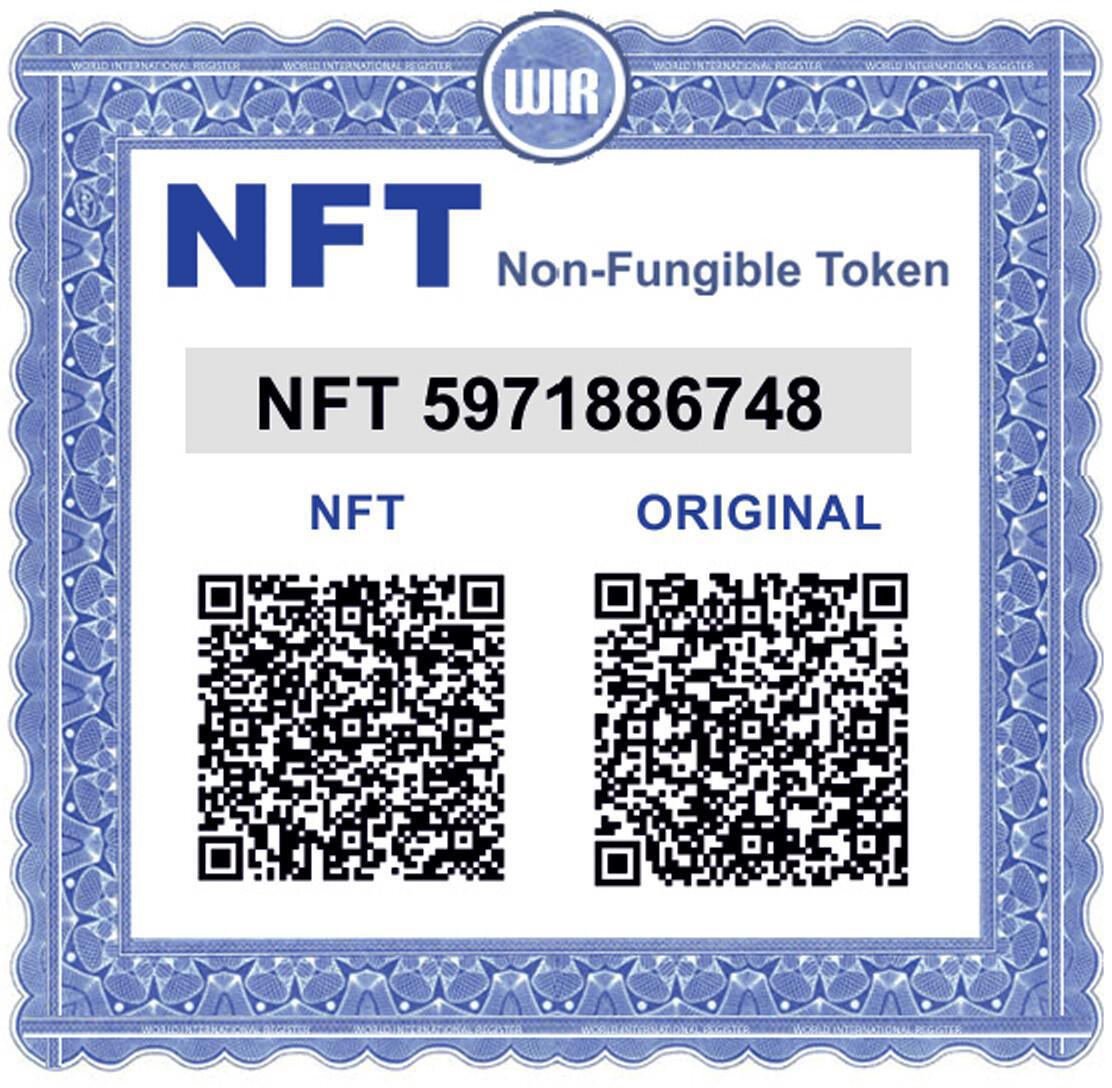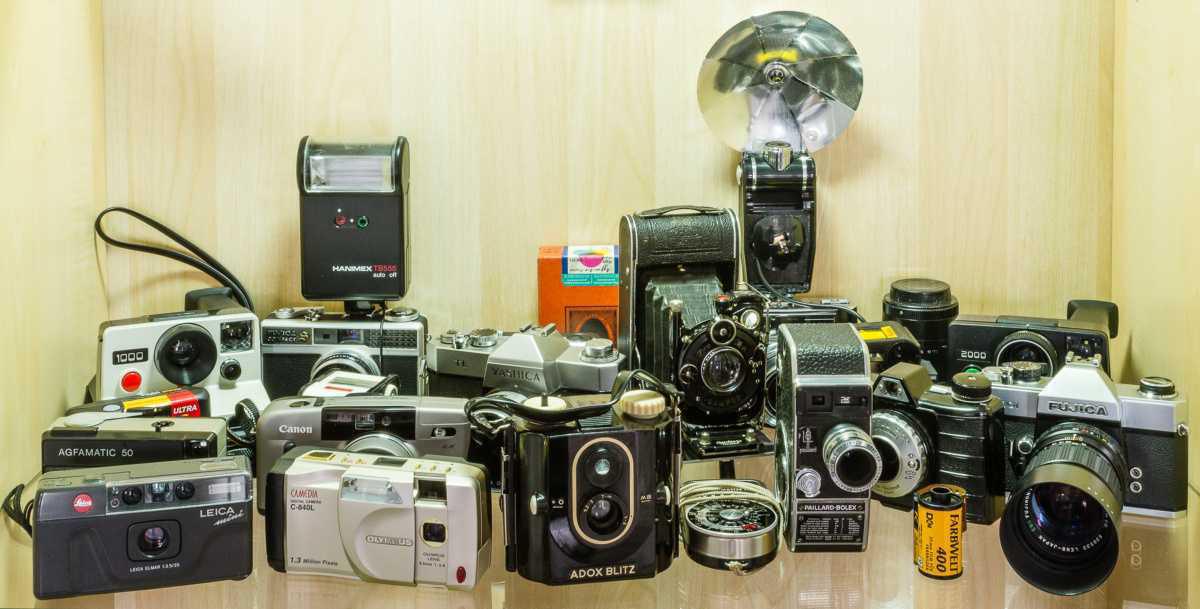At first glance, collecting might seem like a simple pastime—an innocent arrangement of trinkets on a shelf or digital tokens in a wallet. But beneath the surface lies a deep and often primal psychological drive. From the cabinets of curiosities in Renaissance Europe to the modern-day blockchain art craze, collecting reflects a timeless human urge to seek, acquire, and organize. The motivations are varied: nostalgia, identity formation, investment, or the thrill of the hunt. But the emotional and cognitive roots of collecting run surprisingly deep.
Evolutionary psychology offers one explanation: collecting could be a byproduct of survival instincts. Our ancestors who hoarded useful tools, food, or resources were more likely to make it through hard times. Though modern collectors aren't stockpiling arrowheads for winter, the impulse to gather and preserve can still feel essential. Today, it manifests as limited-edition sneakers, rare vinyl records, or Pokemon cards—cultural capital for a different kind of survival: social prestige.
At the core of collecting is control. The world is chaotic and unpredictable, but a well-organized collection offers clarity and order. Collectors often describe their items as extensions of themselves, little islands of stability amid life’s messiness. Each object, whether a 19th-century stamp or a Bored Ape NFT, represents a personal narrative—something found, chosen, and cared for. For many, organizing and cataloging a collection isn't just satisfying; it's therapeutic.
There’s also the dopamine factor. The act of acquiring, especially something rare or hard to find, activates the brain’s reward circuitry. That “collector’s high” can become addictive, driving people to flea markets, online auctions, and even virtual galleries at odd hours. In this way, collecting shares features with gambling or shopping—pleasures punctuated by anticipation, risk, and reward. But unlike pure consumption, collecting is future-oriented: it's about building, curating, and anticipating the next piece.
Identity plays a major role, too. Collections can serve as public or private declarations of who we are. A shelf of sci-fi figurines might signal fandom; a portfolio of NFTs might scream cutting-edge investor. In either case, collecting becomes a form of storytelling. “Show me what you collect,” the saying goes, “and I’ll show you who you are.” Even hyper-specific collections—say, antique corkscrews or novelty egg cups—signal membership in niche communities that offer belonging and shared knowledge.
Nostalgia is another powerful fuel. Many collectors chase fragments of their past: toys from childhood, concert tickets, sports memorabilia. The objects become time machines, offering tactile access to bygone eras. In an ever-accelerating digital world, these physical reminders of simpler times are grounding. Ironically, even digital collectibles like NFTs can evoke nostalgia—especially when tied to pixel art, early internet aesthetics, or retro gaming culture.
But the digital shift has complicated collecting’s psychology. NFTs, for instance, challenge traditional notions of ownership and authenticity. Where once the collector held an object in hand, now they might own only a token on the blockchain. Critics argue this reduces collecting to speculative investment. Yet for many, the appeal remains the same: scarcity, provenance, and emotional connection—even if the “object” exists only as code. The psychology hasn't changed—just the medium.
Of course, collecting can veer into unhealthy territory. Hoarding, compulsive spending, and obsession are darker shadows of the collector’s psyche. When acquisition becomes a means of avoiding emotional distress or asserting control over a crumbling personal life, the line between passion and pathology blurs. Psychologists warn that, while collecting is often harmless and even beneficial, it's important to be mindful of why—and how—we do it.
Ultimately, collecting is about more than objects; it’s about meaning. We imbue items with stories, values, and emotional significance. A collection is a curated version of the self, both a reflection and a refuge. Whether you’re stacking vintage coins, rare books, or Ethereum-backed cat memes, you're participating in one of humanity’s oldest psychological rituals: the art of gathering things to make sense of the world—and of yourself.


